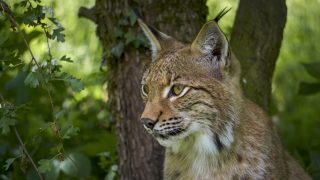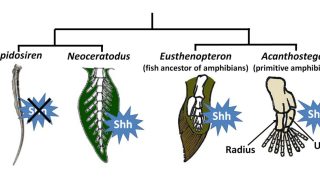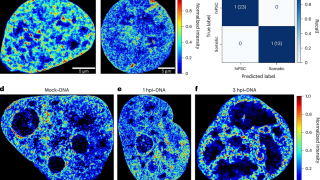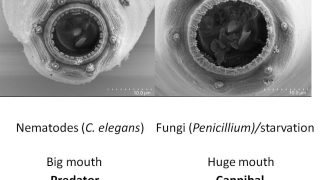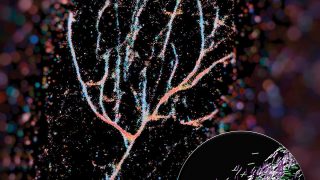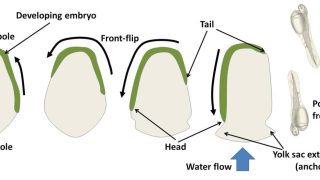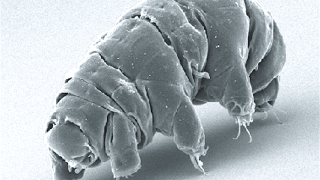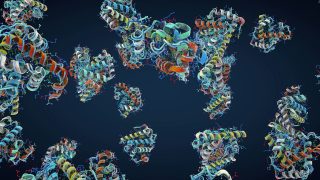
Machine learning cracked the protein-folding problem and won the 2024 Nobel Prize in chemistry
Author: Marc Zimmer, Professor of Chemistry, Connecticut College The 2024 Nobel Prize in chemistry recognized Demis Hassabis, John Jumper and David Baker for using machine learning to tackle one of biology’s biggest challenges: predicting the 3D shape of proteins and designing them from scratch. This year’s award stood out because it honored research that originated […]
